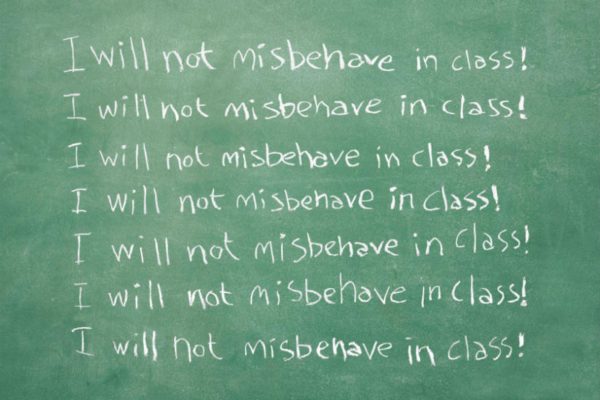As the state Legislature returns to work, lawmakers will be tasked with considering how to improve schools throughout Texas. One area of focus will be policies that make schools safer, a focus especially relevant for lesbian, gay, bisexual and transgender (LGBT) youths.
Alarmingly, 1 in 4 youths has been bullied at school. Although all forms of bullying need our attention, bias-based bullying, such as homophobic bullying based on a person’s perceived or actual sexual orientation, is especially harmful for youths’ academic success and well-being.
A 2015 national survey revealed that LGBT youths are disproportionally the target of such bullying: About 6 out of every 7, or 85 percent, reported that they had been verbally harassed, and 1 in 8, or 13 percent, had been physically bullied during the past year because of their sexual orientation.
This is especially troubling because youths who are bullied are more likely to have lower grades, miss school and are at higher risk for depression and attempting suicide. Yet LGBT youths are not solely the focus of homophobic bullying. In fact, research shows that homophobic bullying makes schools less safe and supportive for all students.
This stark reality begs the questions: What are the most effective ways to support the victims of homophobic bullying? And what are the most effective ways to prevent bullying in the first place?
Schools often turn to punitive practices to deter negative behavior. Such practices include zero-tolerance policies through which students are suspended or expelled for breaking school rules. But these practices are not getting the job done.
A recent study helped shed light on those practices that make – or fail to make – schools safer and more supportive.
The study was based on surveys from California schools that asked 330,000 students about their experiences in school, and 62,000 teachers about their perceptions of school practices.
The study found that youth reports of homophobic bullying were not lower in schools with more punitive practices. However, youth reports of homophobic bullying were lower in schools with more supportive practices, such as considering discipline on a case-by-case basis and providing counseling services to address behavioral issues.
The findings of the study also suggest that being in schools with few supportive practices may be just as detrimental to school connectedness as being bullied for homophobic reasons. Specifically, among youths who had been bullied for homophobic reasons, those in schools with more supportive practices felt more connected to schools – related to having caring relationships with adults at school and higher academic achievement.
Most surprisingly, all students felt less connected to schools with the fewest supportive practices, even lower than those students who had been bullied for homophobic reasons in schools with the most supportive practices.
Punitive practices do not deter homophobic bullying and fail to support to those youths who are the victims of bullying. Implementing supportive policies is a better strategy for preventing bias-based harassment, keeping those who are bullied connected to schools and making schools a safer place for all students to thrive and learn.
Teachers, school administrators and legislatures should explore ways to make schools supportive places in which all students feel safe.
It’s true that there is not any one policy or practice that is a fix-all. But at the very least, lawmakers and legislatures should consider implementing policies and practices that allow schools to take a more nuanced approach to address disciplinary issues and provide a more supportive environment for students – both those who are at risk of bullying and those who are at risk of being bullied. Doing so will make schools a place in which all youths can focus on learning, improve their relationships with others and succeed academically.
Jack Day is a postdoctoral research associate at The University of Texas at Austin.
A version of this op-ed appeared in the San Antonio Express News, Austin American Statesman and the San Angelo Standard Times.
To view more op-eds from Texas Perspectives, click here.
Like us on Facebook.




